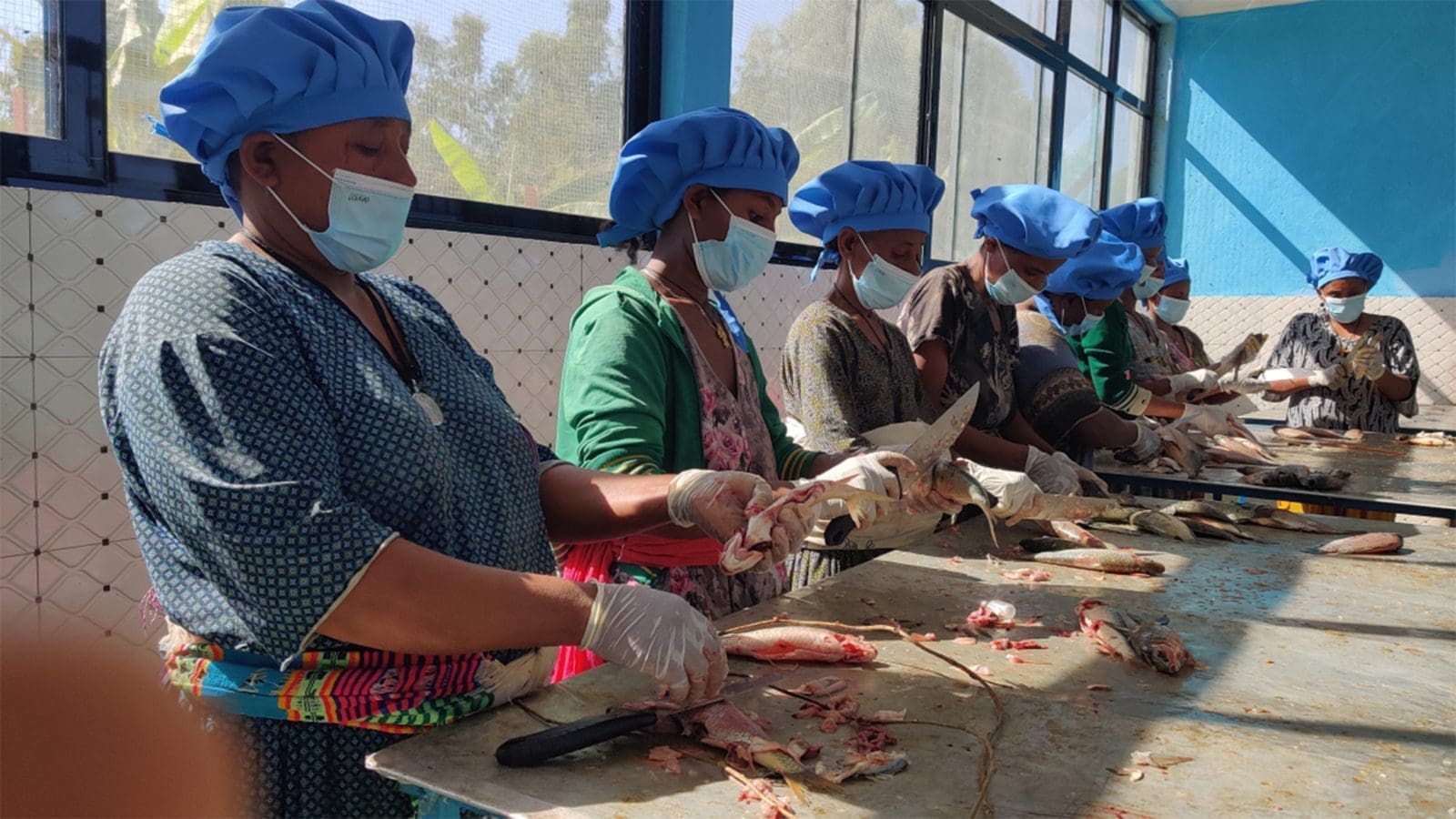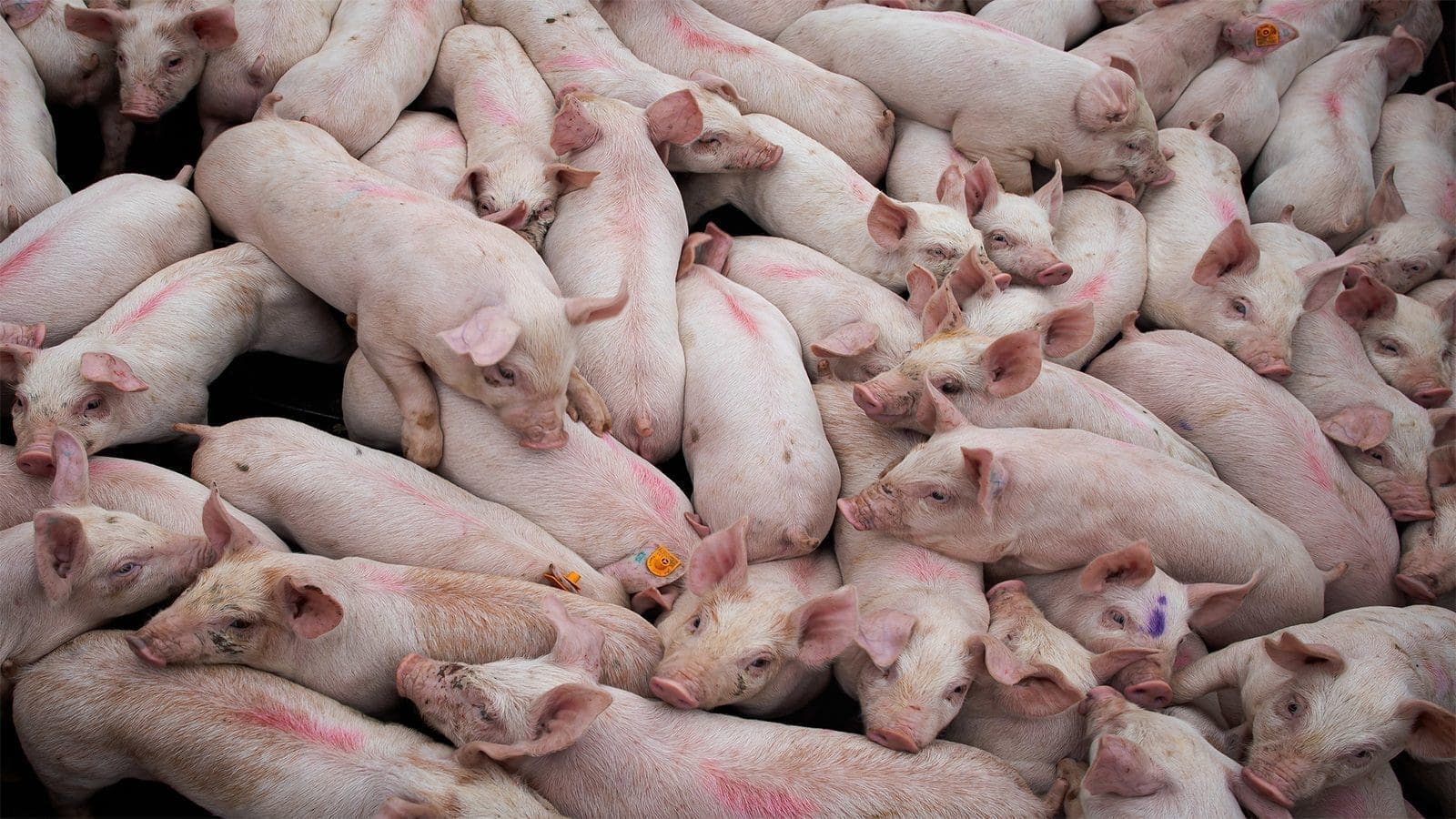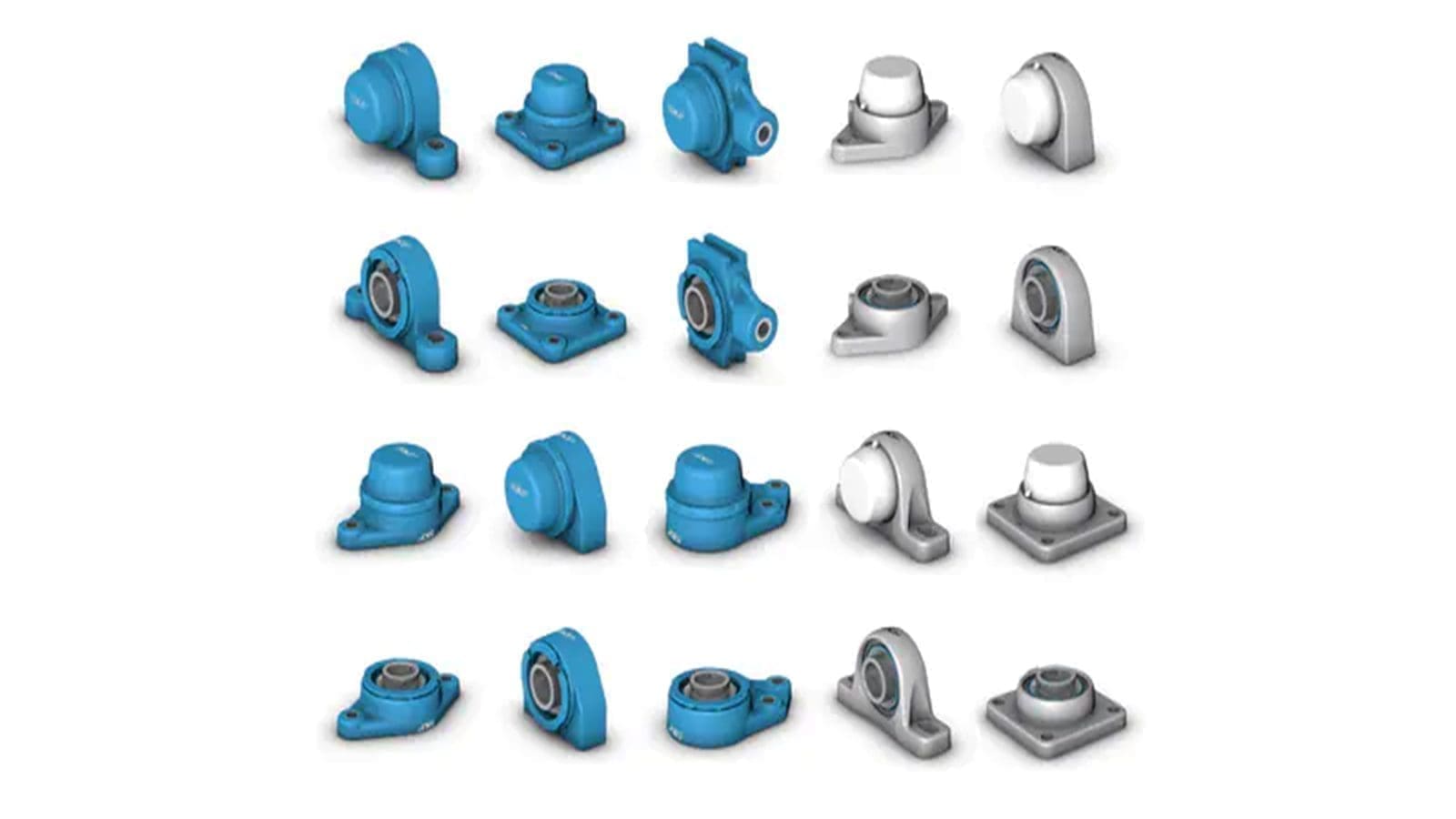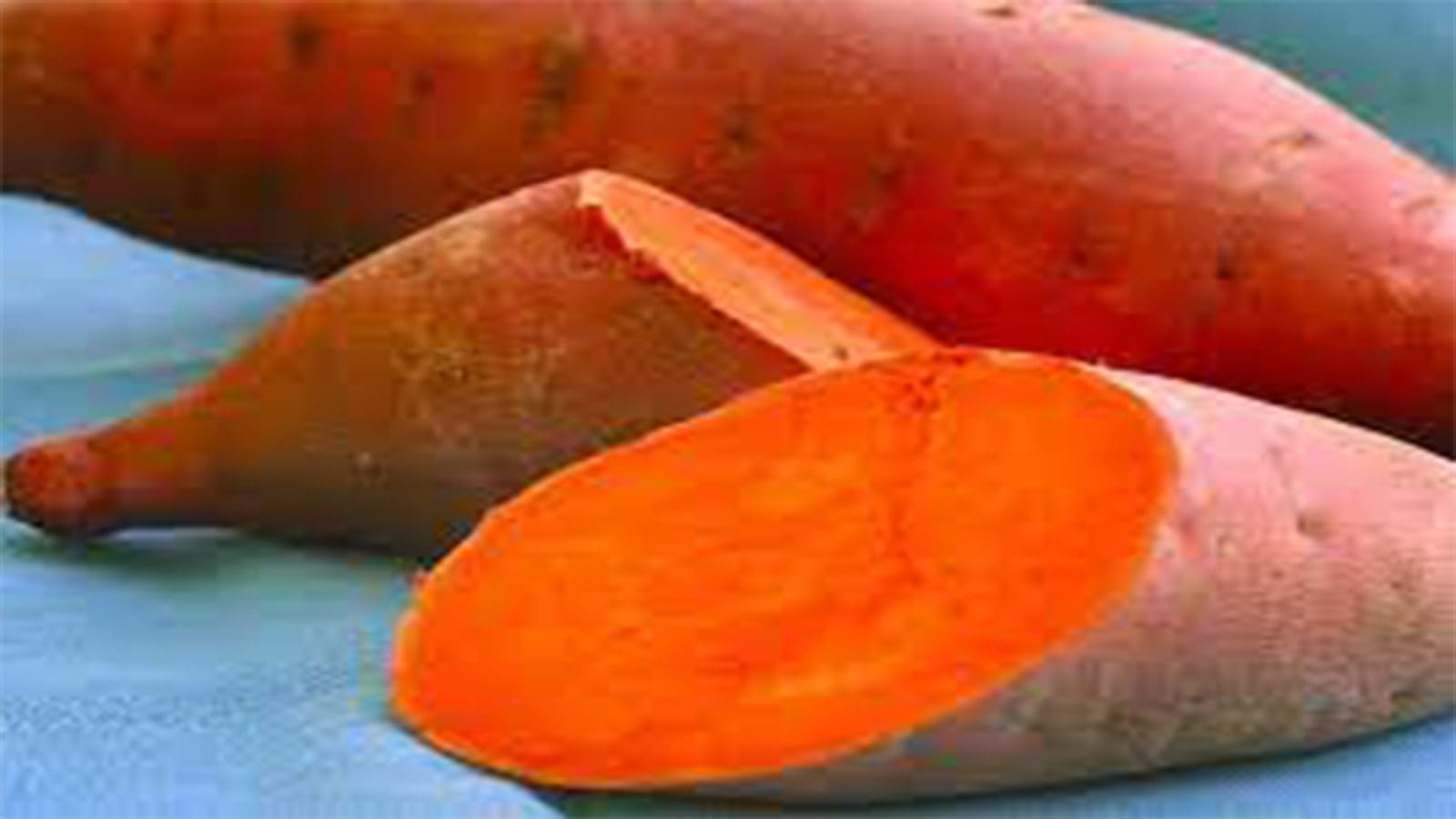ETHIOPIA – The United Nations Industrial Development Organization (UNIDO), has opened the women’s fish-processing and trading unit in Ethiopia’s Kebele 13 district of Bahir Dar city to offer the local fishermen a place to receive, clean, and process fish as well as a market for trading fresh filleted fish, all in accordance with hygienic and sanitary standards.
The building of the facilities is a component of the Russian Federation-funded UNIDO Partnership for Country Programme (PCP) in Ethiopia, entitled Technical and institutional capacity building for increase in the production, development, and sustainable management of the aquaculture and fisheries value chains.
This project has the objective of promoting institutional capacity building through the establishment or upgrading of a Fisheries and Aquaculture Business Development Centre (FABDC).
It will build institutional support and training capability to promote sustainable and inclusive economic diversification, effective fisheries and aquaculture value chains, food security, and environmental resource preservation and management.
The desired outcome is a developed and well-coordinated national institutional capacity with sufficient human capacity, resulting in the provision of top-notch support services and training programs for the development of the corresponding sector value chains.
Carried out on the shores of Lake Tana, the largest lake in Ethiopia and the source of the Blue Nile, the project supports sustainable fishing practices and local aquaculture entrepreneurs.
More than 100 women working for 10 registered businesses use the women’s fish market to clean, cut and sell fresh fish.
About 80 of the market’s female employees have already attended training sessions provided by the initiative on hygienic standards and good processing practices, and they are putting their newfound knowledge to use at the site’s freshly opened market.
The infrastructure that has been put in place to comply with food standards and skill development will improve working conditions for female fish processors while also raising the quality of the fish products offered to local consumers.
The Ethiopian Ministry of Trade and Industry and the Ministry of Agriculture are the national project partners of the four-year project.
It is expected to directly benefit the estimated 3,500 registered fishers on Lake Tana and to enhance services to small-scale enterprises in fish processing and marketing.
It will thereby help increase production from aquaculture, contributing to nutritional food security and the creation of diversified employment opportunities.
In addition, it will capitalize on expertise in sustainable fishing and aquaculture at the Institute of Marine Technologies of the Astrakhan State Technical University.
The project will also enhance biological and scientific collaboration in the context of a joint Russian-Ethiopian Biological Expedition which has been operating successfully in Ethiopia for over 30 years.
For all the latest food safety news from Africa and the World, subscribe to our NEWSLETTER, follow us on Twitter and LinkedIn, like us on Facebook and subscribe to our YouTube channel.








